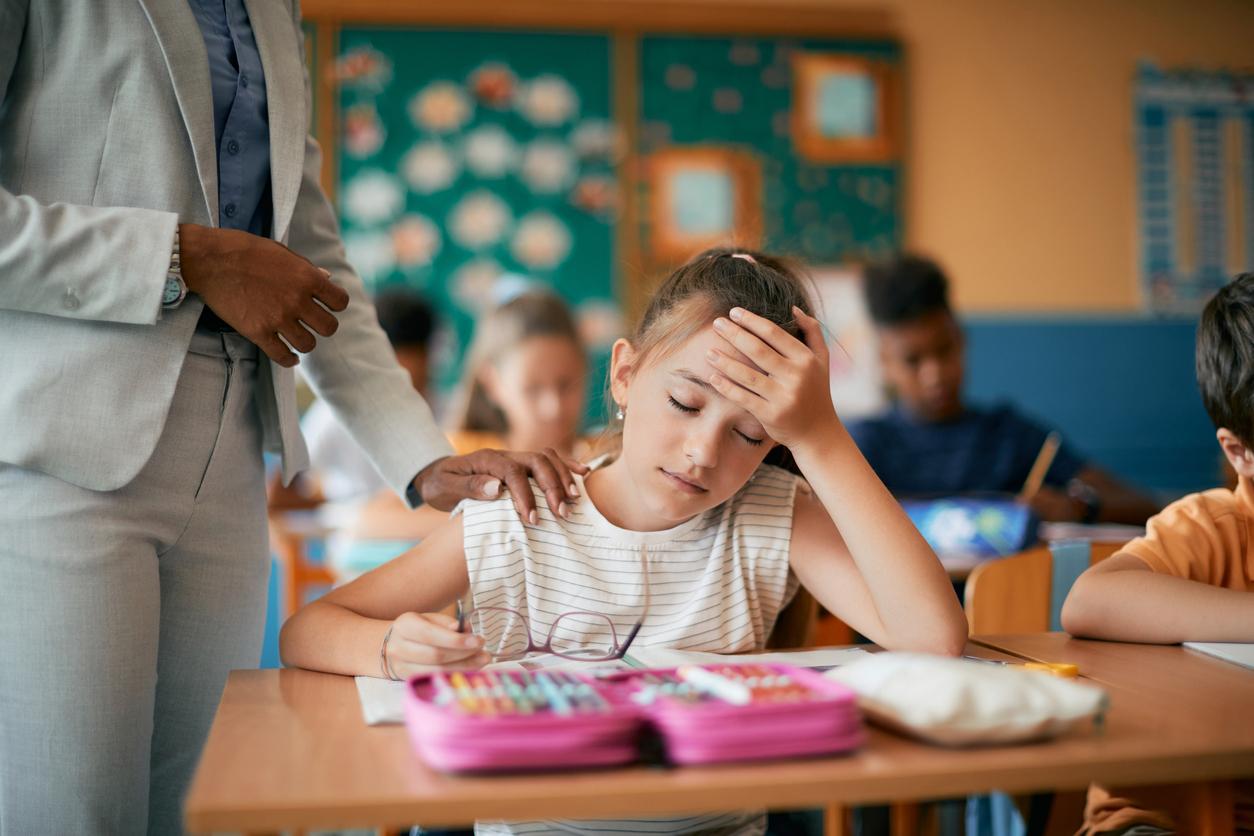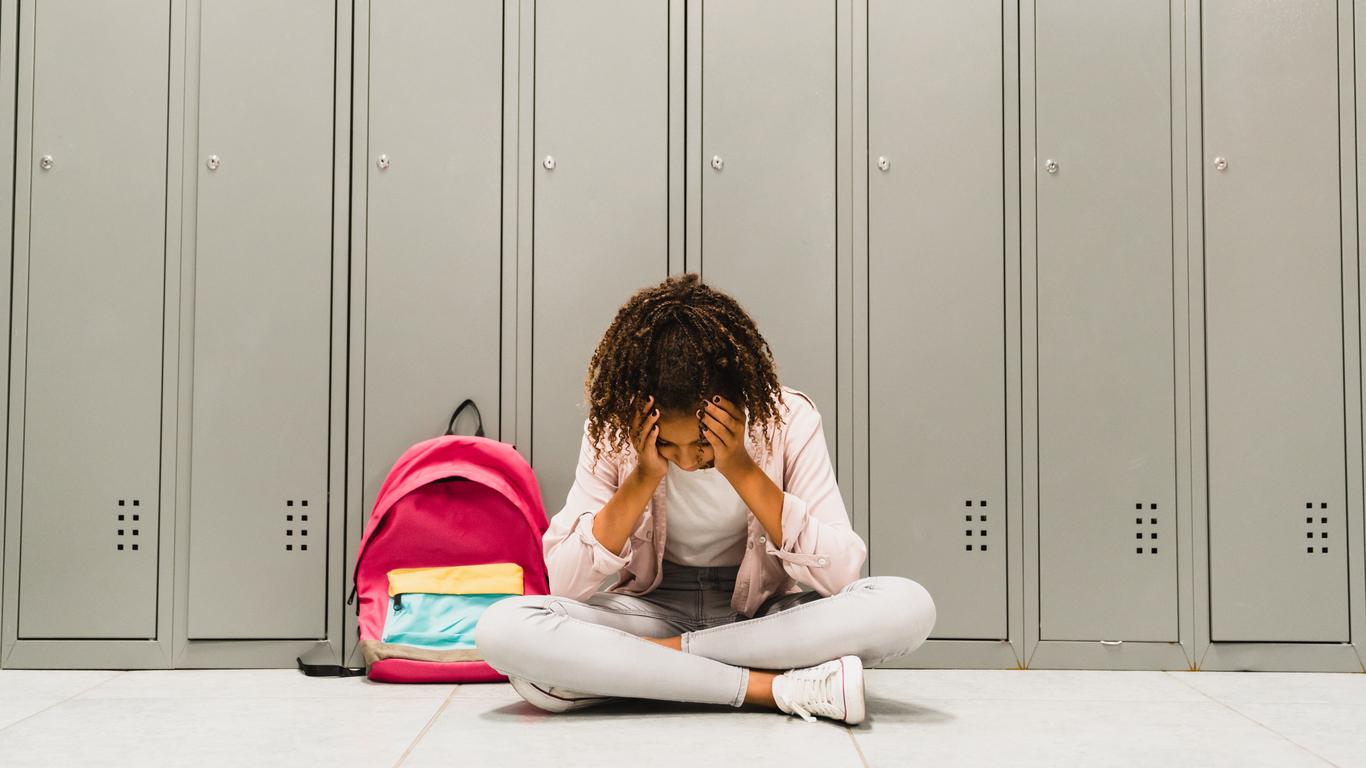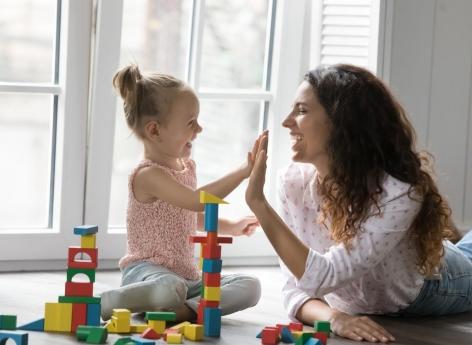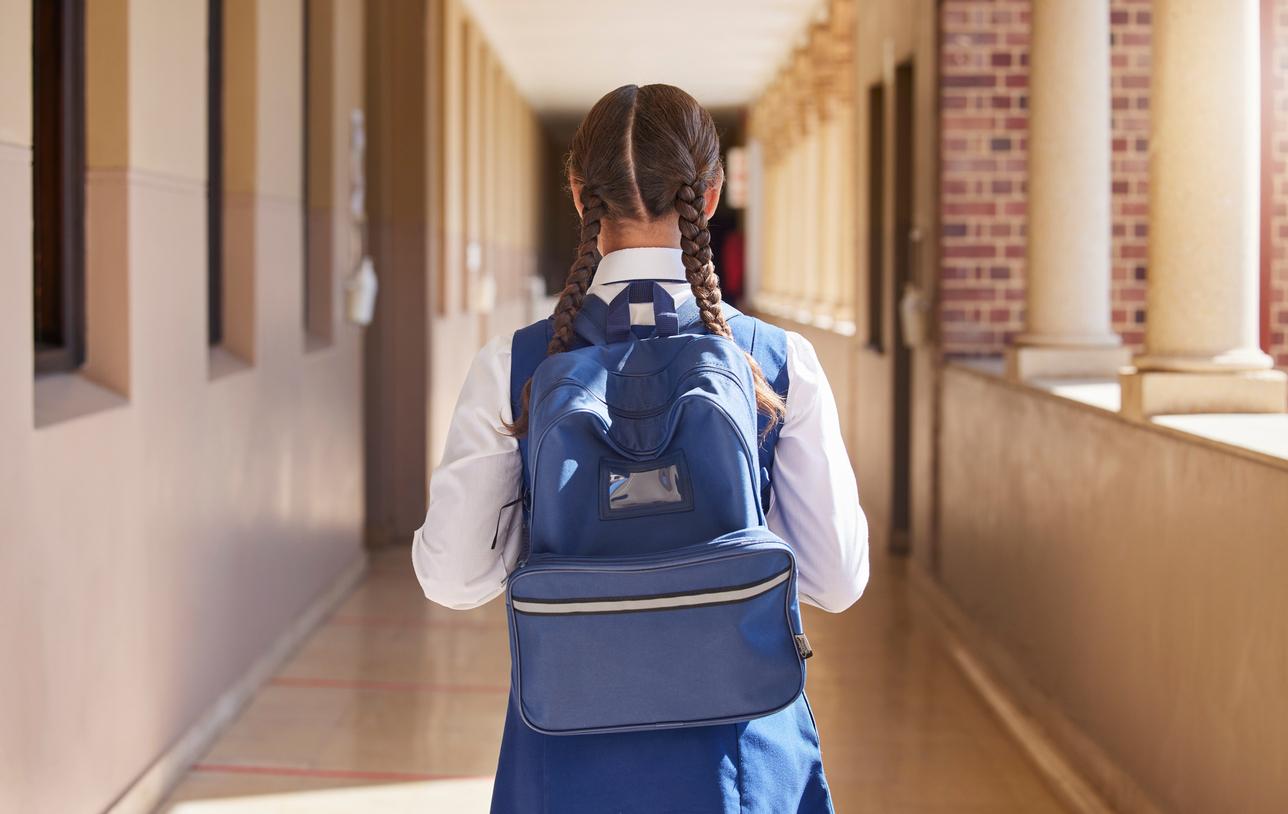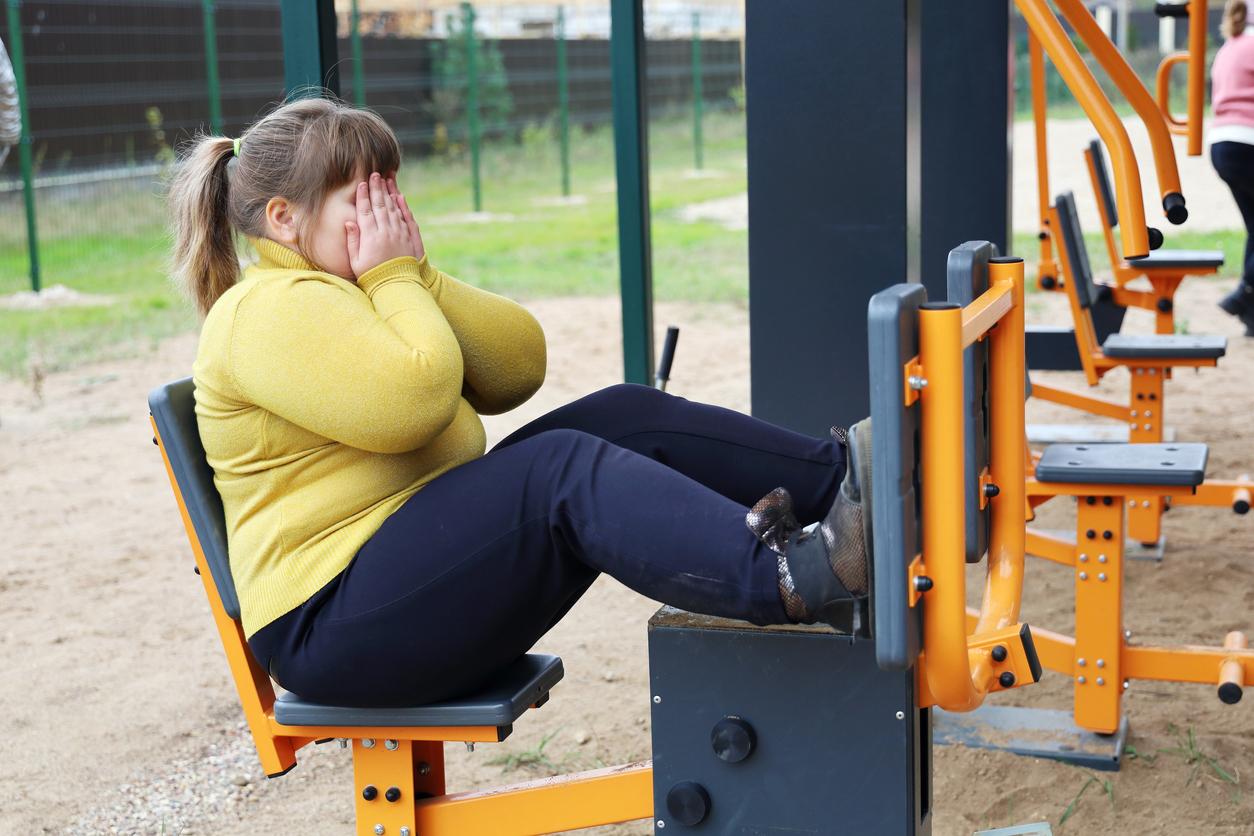As early as April, pediatricians mobilized to get children back to school, especially since they are less often infected and less often sick than adults.
“However, today, we can only be worried about the organization of the start of the school year as it looms, both in terms of prevention and that of the care of children”, deplore seven learned societies of pediatrics, in a open letter this August 19.
As they recall, the virus continuing to circulate in France, “It is certain that with the start of the school year and the return to the community of the little ones, the risk of contamination by SARS-CoV-2, both in children and in the adults who supervise them, is real.”
However, for the time being, according to them, several points of concern remain.
Screening: having rapid tests
The current screening strategy should lead to testing children for the slightest symptom (fever, runny nose, digestive signs, etc.). So to test children frequently and repeatedly, while other viruses will come and tease children in schoolyards. And in a context where the lead times for carrying out and obtaining the results of PCR tests remain high. Also, while the positivity rate of PCR tests in children ultimately remains low, they wonder about the relevance of a “systematic” screening of children. Both for cost reasons, but also for practical reasons. The test being moreover “unpleasant”, they also fear refusals.
Therefore, they demand “a provision of rapid diagnostic tests (notably salivary), even less sensitive but allowing rapid decisions to be made for the majority of patients. “
Vaccinate against gastro
Like every year, flu, bronchiolitis, colds and gastro rotavirus will affect infants and children. Seasonal viruses which will therefore be added to SARS-CoV-2. Also, pediatricians want to strengthen influenza vaccination and generalize rotavirus vaccination small infants, as also requested the academy of medicine. Pediatricians want it to be recommended and reimbursed, which is not the case today.
Objectives: better differentiate cases, test less, relieve consultations and hospitalizations. Remember that 15 to 30% of children hospitalized or seen in consultation for COVID-19 have digestive signs, including diarrhea, which makes the differential diagnosis very difficult with rotavirus gastroenteritis.
Have precise rules in the event of a positive diagnosis
“It is necessary to clearly define the measures to be taken in the event of screening of a child or an adult carrier of SARS-CoV2 in a community. To date, the feedback that we have, are at least anarchic: schools or nurseries were sometimes closed due to the presence of a single person presenting a positive PCR, or even a positive serology without PCR and before any investigation. “
Their message is clear: if clear and precise strategies are not defined, the start of the school year risks being “chaotic” with unjustified class or school closures for health or epidemiological reasons and in all cases highly deleterious for children and their learning.










